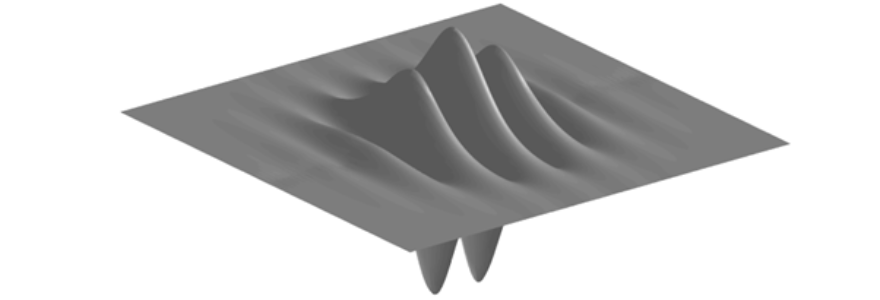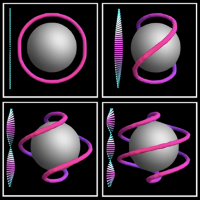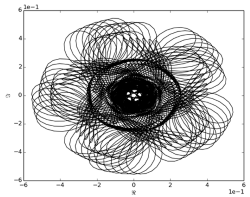Scientific Computing

Overview
 Scientific Computing is the study of algorithms and their implementations for computations involving mathematical symbols as well as numbers. The researchers in our department are involved in developing and applying a wide variety of scientific computing methods to many areas within physics and astronomy.
Scientific Computing is the study of algorithms and their implementations for computations involving mathematical symbols as well as numbers. The researchers in our department are involved in developing and applying a wide variety of scientific computing methods to many areas within physics and astronomy. An important aspect of our work is the development of models and multi-scale computer simulation methods to study soft matter systems. Our researchers develop algorithms including parallel programming methods (CPU and GPU) for solving coupled molecular dynamics-computational fluid dynamics hybrid simulations, GPU accelerated methods for simulations of cellular systems and methods for phase-field simulations in materials science and physics. Another aspect of our work is designing efficient and accurate methods that can solve nonlinear problems arising in the field of nonlinear waves, as well as methods for analysing stability of the resulting solutions.
This group has contributed to LAMMPS, an open-source molecular dynamics simulator, and created open source software such as CellSim3D for simulations of 3D growing cellular systems and soft colloids, SymPhas for phase-field simulations, and stencil methods ( Stencils2D) for finite differences.
 Western astronomy researchers use and develop computational methods across a broad range of applications. Our open-source projects include the Python meteor physics library WesternMeteorPyLib, the EDIBLES and image cube packages, and the Colibri KBO Search Project. We also contribute to community projects such as Astropy and PAHFIT. Individual research groups use numerical simulations to study Be stars and their disks, early stages of star formation and Fast Radio Bursts among other topics.
Western astronomy researchers use and develop computational methods across a broad range of applications. Our open-source projects include the Python meteor physics library WesternMeteorPyLib, the EDIBLES and image cube packages, and the Colibri KBO Search Project. We also contribute to community projects such as Astropy and PAHFIT. Individual research groups use numerical simulations to study Be stars and their disks, early stages of star formation and Fast Radio Bursts among other topics. Graduate students interested in Scientific Computing may wish to formally emphasize this interest in their degree program by participating in the Graduate Program in Scientific Computing offered at Western.

